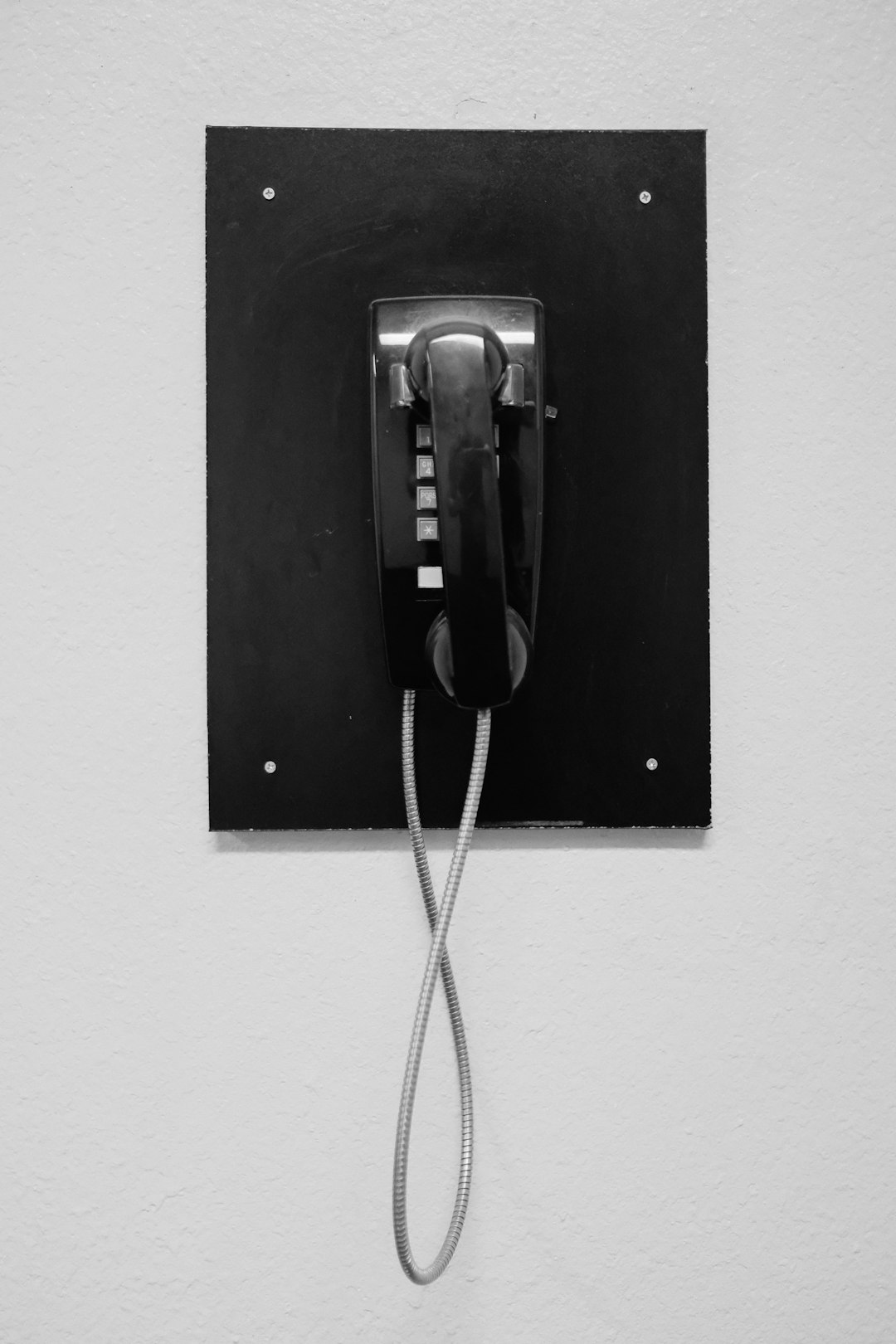In Colorado, debt collection practices are heavily regulated, requiring debt collector lawyers to adhere to strict state laws for ethical collections. To operate legally, these professionals must obtain a license from the Colorado Division of Securities and post a bond ranging from $50,000 to $250,000. Debt collector lawyers in Colorado guide businesses through complex regulatory compliance, ensuring adherence to federal (FDCPA) and state laws, maintaining transparent communication with debtors, and keeping meticulous records.
In Colorado, debt collection practices are governed by strict licensing and bond requirements to protect consumers. Understanding these regulations is crucial for both debt collectors and those seeking their services. This article delves into the intricacies of Colorado’s debt collector licensing laws, explores the specific bond mandates, and highlights the pivotal role of debt collector lawyers in ensuring regulatory compliance. For residents and professionals alike, navigating this landscape demands expert guidance from qualified debt collector lawyers in Colorado.
Understanding Colorado's Debt Collector Licensing Laws

In Colorado, debt collection practices are regulated by state laws aimed at protecting consumers from abusive or unfair tactics. Understanding these licensing requirements is crucial for both debt collectors and those seeking their services. The state mandates that debt collector lawyers in Colorado adhere to specific guidelines, ensuring ethical and transparent collection methods.
To operate legally, debt collectors must obtain a license from the Colorado Division of Securities. This involves a comprehensive application process that includes verifying the business’s integrity, financial stability, and compliance with industry standards. Additionally, a bond is required to safeguard against potential financial losses during the collection process, ensuring that collectors are held accountable for their actions.
Bond Requirements for Debt Collection in Colorado

In Colorado, debt collection practices are regulated to protect consumers from unfair or abusive tactics. One key aspect of this regulation is the requirement for debt collectors to obtain a license from the state. Additionally, they must post a bond to ensure financial responsibility and compliance with the law. This bond serves as a safeguard for consumers, ensuring that if a debt collector engages in unethical practices, victims have recourse through legal means.
The bond requirements vary depending on the size of the collection agency’s annual gross revenue. For smaller agencies, the bond amount is typically $50,000, while larger ones may need bonds reaching as high as $250,000. Debt collector lawyers in Colorado can guide individuals and businesses through this process, ensuring they understand their rights and obligations under state law. This professional assistance is crucial for navigating the complex regulatory environment surrounding debt collection in Colorado.
Role of Debt Collector Lawyers in Navigating Regulatory Compliance

In Colorado, debt collector lawyers play a pivotal role in guiding clients through the complex web of regulatory compliance. These legal experts are well-versed in the state’s stringent licensing and bond requirements, ensuring that debt collection practices remain fair and transparent. With their keen understanding of laws like the Fair Debt Collection Practices Act (FDCPA) and Colorado-specific regulations, they help companies navigate potential pitfalls and avoid costly legal repercussions.
Debt collector lawyers in Colorado assist in obtaining necessary licenses, preparing bond applications, and staying up-to-date with regulatory changes. Their expertise enables businesses to implement robust internal controls, draft clear communication with debtors, and maintain meticulous records, thereby fostering a compliant and ethical debt collection environment.






